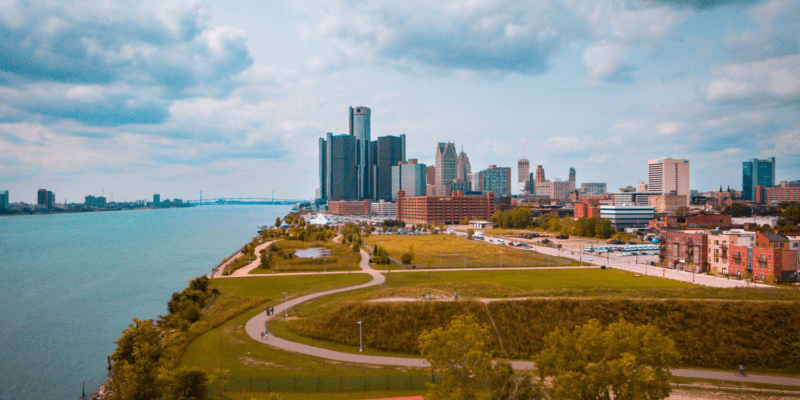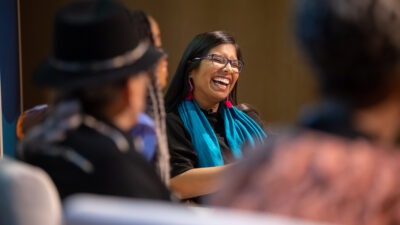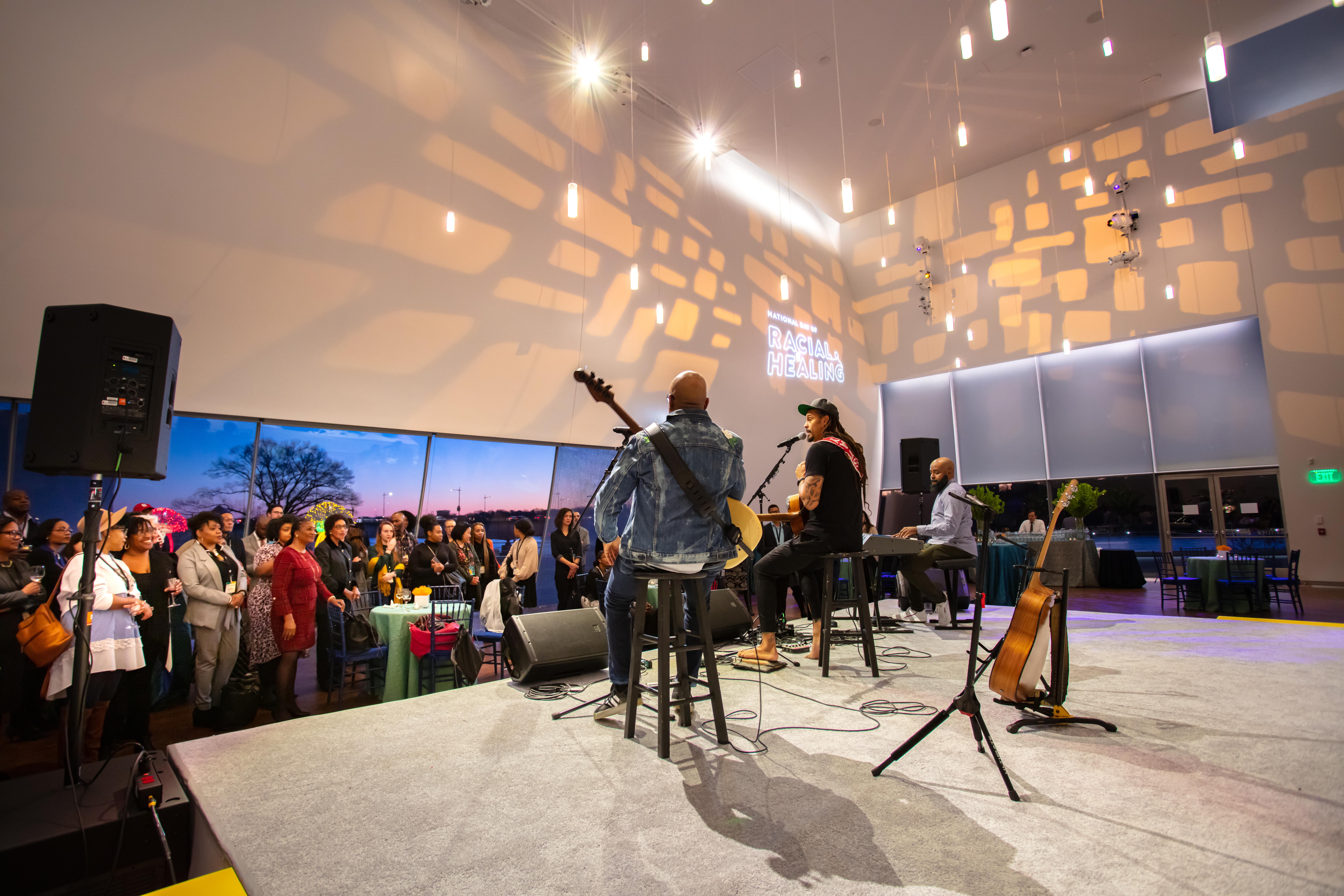The COVID-19 pandemic exacerbated challenges facing businesses owned by people of color, especially Black people. Some successfully pivoted, while others are struggling or have closed altogether.
Jaishree Drepaul-Bruder, writing for Model D, highlights how such businesses were underserved in the first place, often operating without much capital. Access to capital is tied to credit or collateral, which is why organizations like TechTown Detroit and W.K. Kellogg Foundation (WKKF) grantee, ProsperUs Detroit, support people of color-owned businesses in building credit histories, providing business services and training and offering micro-lending to low- and moderate-income entrepreneurs of color.
“There are so many minority business owners who struggle, largely due to systemic issues. Traditional mechanisms that have traditional ways of evaluating creditworthiness mean a lot of people are left out of the equation. Mainstream systems don’t offer the assistance needed to help entrepreneurs get ready to provide the assurances that a traditional lender might be looking for.” – Chanell Scott Contreras, executive director of ProsperUs
The State of Economic Equity in Detroit report, released in 2020 by WKKF grantee Detroit Future City (DFC) shows that Detroit-based African American and Latino-owned businesses, in particular, are growing more slowly in comparison to White- and Asian-owned businesses. If Black-owned and Latino-owned businesses could close the racial wealth gap, according to WKKF’s Business Case for Racial Equity, Michigan stands to gain $92 billion by 2050.
Resources
- Metro – Detroit Black Business Alliance
- Detroit Future City
- New Economy Initiative
- Business Case for Racial Equity
- The Business Case for Racial Equity: New Orleans and Louisiana
- The Business Case for Racial Equity: Mississippi
- The Business Case for Racial Equity: New Mexico
- Detroit’s Entrepreneurs of Color Fund nearly triples in size to over $18 million
Header photo by Kahari king on Unsplash.








Comments